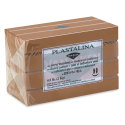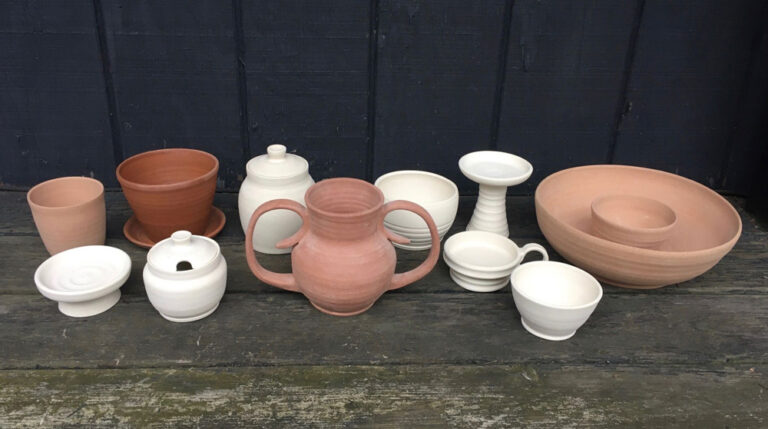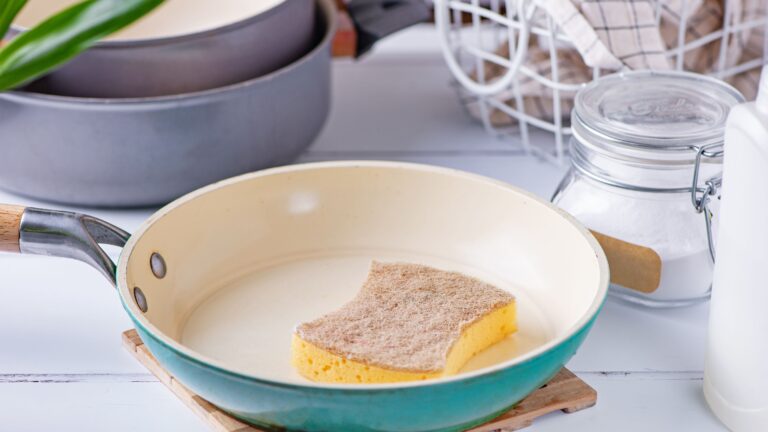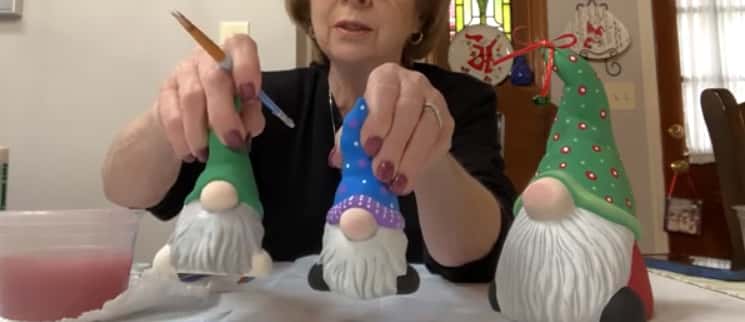Do Ceramic Brake Pads Squeak
Ceramic brake pads are a type of brake pad that is made from ceramic materials. These pads are designed to provide superior braking performance and they are also known for being very quiet. However, some drivers have reported that their ceramic brake pads have started to squeak after a period of time.
There are a few different reasons why this may happen and there are also a few ways to fix the problem.
Ceramic brake pads are made of a softer material than other types of brake pads, so they may squeal when you first start using them. The noise should go away after a short time as the pads break in and wear down slightly. If the noise doesn’t go away or gets worse, you may need to have your brakes checked by a mechanic.
Carbon Ceramic Squeal / Rotor Wear Measurement
Do Ceramic Brake Pads Make More Noise?
Ceramic brake pads are made of a harder material than traditional brake pads, so they tend to last longer. However, they can also be more expensive. Ceramic brake pads may make more noise when first installed, but this should dissipate after a short period of time.
How Do I Stop My Ceramic Pads from Squeaking?
If your ceramic pads are squeaking, it’s likely due to one of two things: either the pads are glazed or the brake caliper is sticking.
Glazed pads happen when the pad material gets deposited on the rotor surface. This can happen from extended periods of heavy braking, or if the brakes get too hot.
The deposits act as a barrier between the pad and rotor, causing a squeal when you brake.
The other possibility is that your brake caliper is sticking. This happens when the caliper piston isn’t retracting fully, causing the pads to stay in contact with the rotor even when you’re not braking.
This can also cause a squeal, as well as reduced braking performance.
To fix glazed pads, simply sand them down with some fine-grit sandpaper until they’re smooth again. If your caliper is sticking, you’ll need to bleed it to get rid of any air in the line and then check that the piston is retracting properly.
Why are Ceramic Brakes Noisy?
Ceramic brakes are a type of brake pad that uses ceramic materials in its construction. The main advantage of ceramic pads over other types of pads is that they offer better performance and last longer. However, one downside to using ceramic pads is that they tend to be noisy.
There are a few reasons why ceramic brakes tend to be noisy. One reason is that the materials used in their construction are harder than those used in other types of brake pads. This means that when the pads come into contact with the rotors, they create more noise.
Additionally, the way that ceramic pads are designed can also contribute to noise levels. For example, some brands of ceramic pads have metal backing plates which can amplify the sound created when the brakes are applied.
If you’re looking for a quieter braking experience, then you might want to consider another type of brake pad such as organic or semi-metallic.
However, if you’re after the best performance possible, then ceramic brake pads are hard to beat!
Do Ceramic Brakes Squeak When Hot?
Ceramic brakes are less likely to squeak when hot than other types of brakes. This is because the ceramic material is more resistant to heat than other materials. However, if your ceramic brakes do squeak when hot, it is likely due to a buildup of brake dust on the pads.
To prevent this from happening, you can clean your pads with a brake cleaner or use a pad with an anti-squeal coating.

Credit: www.youtube.com
Do Ceramic Brake Pads Last Longer
Ceramic brake pads have been gaining in popularity in recent years, as drivers look for ways to improve the performance and longevity of their brakes. But do ceramic brake pads really last longer than traditional metal pads?
Here’s a closer look at the pros and cons of ceramic brake pads:
Pros:
1. Ceramic brake pads are designed to resist fade, meaning they’ll maintain their braking power even after extended use.
2. Ceramic pads also produce less dust than metal pads, so your wheels will stay cleaner for longer.
3. Because they don’t wear down as quickly as metal pads, you won’t have to replace them as often – which can save you money in the long run.
Cons:
1. Ceramic brake pads can be more expensive than traditional metal ones, so there’s an initial investment required.
2. They’re also not suitable for all vehicles – if your car has certain types of brake systems (such as those with integrated ABS), then ceramic pads may not be compatible. Always check with your mechanic or dealership before making the switch to ceramic brakes.
Overall, ceramic brake pads offer a number of advantages over traditional metal ones – but they’re not right for everyone.
Conclusion
Ceramic brake pads are a newer option for brakes that have become increasingly popular in recent years. These pads are made of a strong, durable ceramic material that is designed to withstand high temperatures and last longer than traditional brake pads. One downside of ceramic brake pads, however, is that they can sometimes squeak when applied.
This can be annoying for drivers and passengers alike, but there are ways to reduce or eliminate the squealing noise. Applying anti-squeak grease to the back of the pad, for example, can help to dampen the sound. In most cases, however, the squealing noise will eventually go away on its own as the pads break in and become less abrasive.




